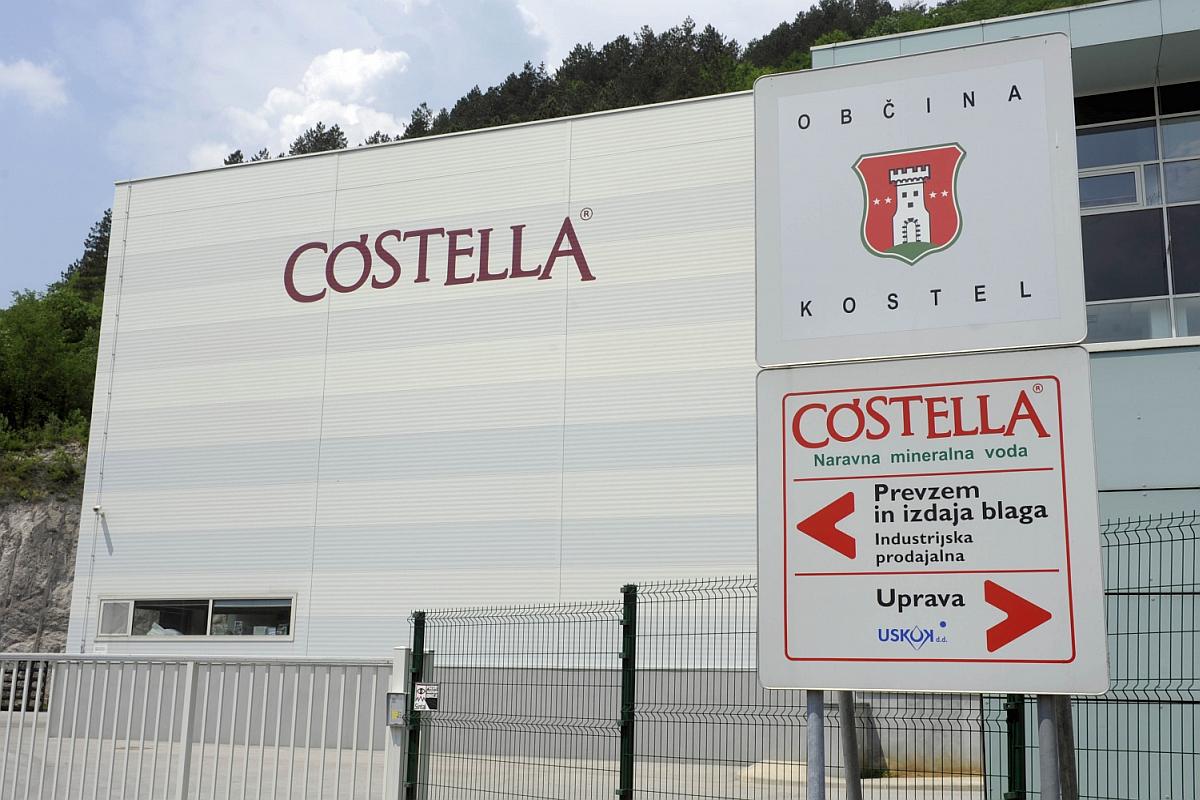
Slovenia’s Kolpa River Valley is surrounded by vast, primeval forests inhabited primarily by lynx, wolves, and bears, but relatively few people. For years, the area’s sheer wilderness has made survival difficult, but in the 21st century, its unspoiled nature may turn out to be one of its biggest advantages. An innovative water bottling plant is already showing the way.
Because of its location at the point where the Adriatic and the continental air masses come together, the Kolpa River Valley sees heavy rainfall and is exceptionally rich in water. For centuries, local residents have known about stable, year-round sources of clean water in various locations throughout the valley.
In in the early 1990s, a Ljubljana-based entrepreneur named Maksimiljan Trpin came up with the idea to market the region’s water. He commissioned an extensive analysis of the valley’s water sources. It turned out that an abandoned quarry was the most suitable site for a bottling plant. Working with the newly established municipality of Kostel, he helped to set up a small but dedicated team. With plenty of enthusiasm and some marketing skills, the fledgling company managed to obtain enough funds to build a state-of-the art, fully mechanized bottling plant on the site of the old quarry.
The exceptional quality of the water – in this region with almost no farming or industry – made Cosetlla (as the water was named, in honor of the municipality of Kostel) an immediate success. It sold well on the domestic market, but it also began to gain attention abroad, especially after obtaining the prestigious NSF mark for water purity. Today, Costella is sold in several EU countries, as well as in Russia and Australia, and the company wishes to add new exports markets in the near future.
The team behind Costella isn’t resting on its laurels, however. Since the launch, the original Costella has been joined by a popular line of flavored water – a healthy alternative to sweet fruit juices. Even the distinctive design of the plastic bottle has won several awards.
With it success, Costlella has shown that the lack of heavy industry is no longer a problem on the 21st century – and that unspoiled nature can in fact be a priceless advantage.

































































